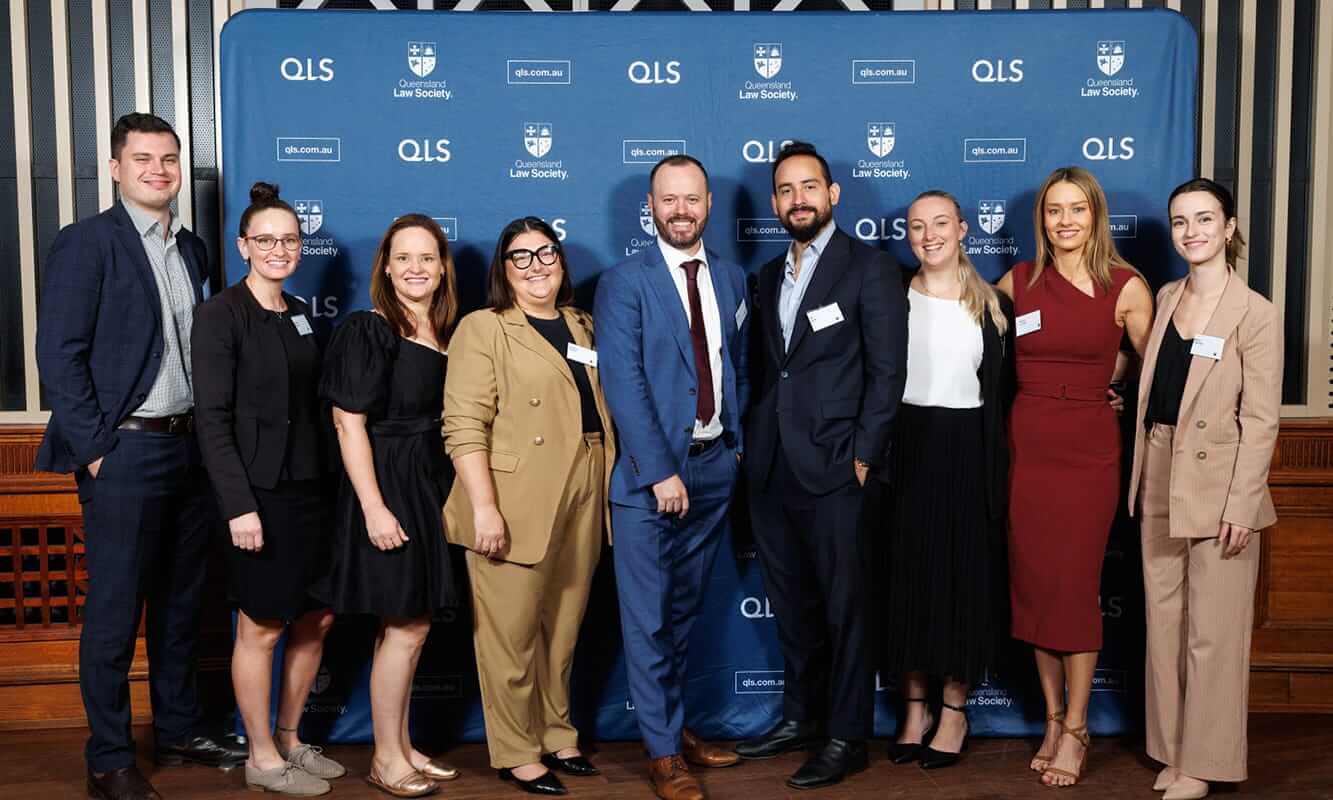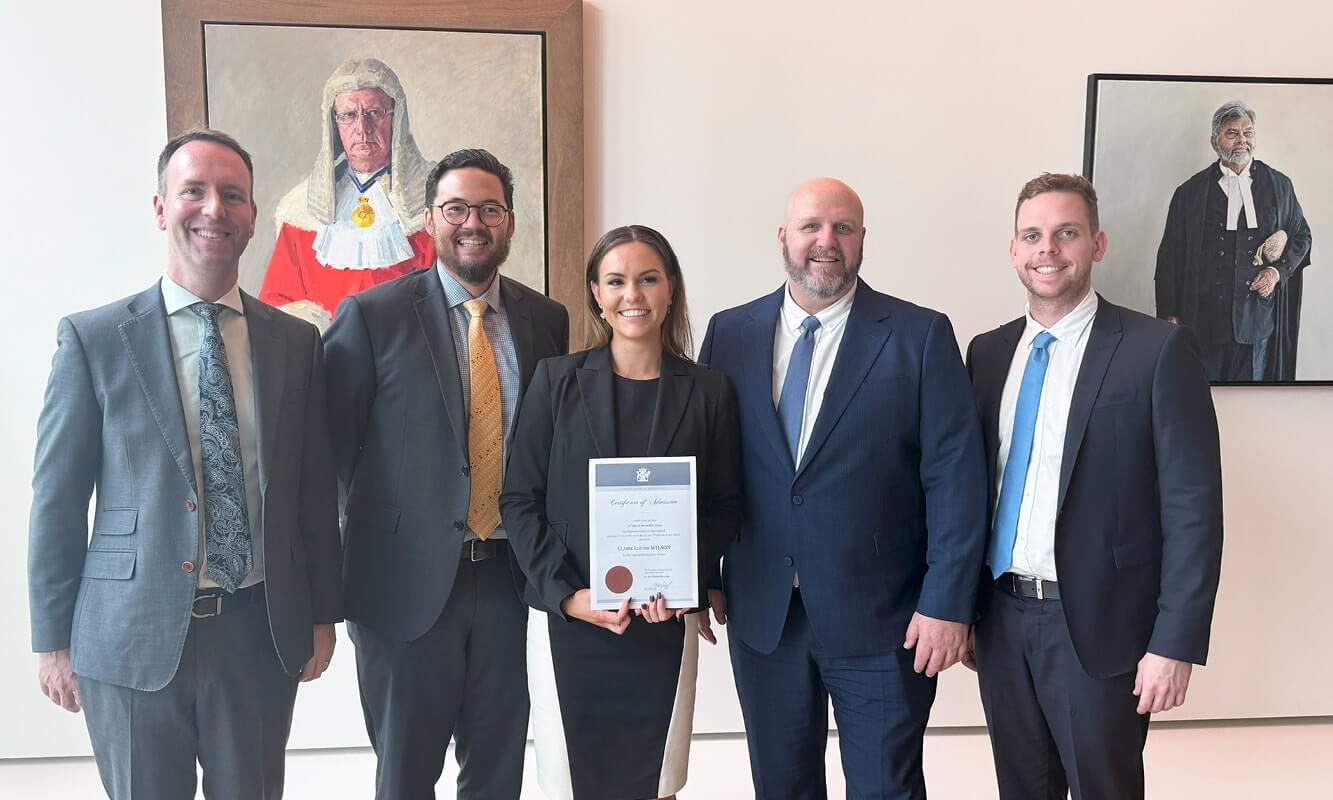In Construction, Forestry, Maritime, Mining and Energy Union, Mr Matthew Howard v Mt Arthur Coal Pty Ltd t/a Mt Arthur Coal [2021] FWCFB 6059, the Full Bench of the Fair Work Commission considered the vaccine mandate imposed on employees at the Mt Arthur coal mine as a site access requirement.
The Full Bench found that the vaccine mandate was not a lawful direction, because Mt Arthur Pty Ltd failed to meet its consultation obligations under the Work Health and Safety Act 2011 (NSW).
Background
Mt Arthur Pty Ltd (Mt Arthur) is a member of the BHP group of companies, and manages a coal mine in the Hunter Valley, New South Wales. The Mt Arthur Coal Enterprise Agreement 2019 (the enterprise agreement) applies to around 724 employees at the site. The Construction, Forestry, Maritime, Mining and Energy Union (CFMMEU) represented around 700 of the employees subject to the Enterprise Agreement.
On 7 October 2021, Mt Arthur announced that all workers at the mine must be vaccinated against COVID-19 as a condition of site entry. The new site access requirement required employees to have at least one dose of an approved COVID-19 vaccine by 10 November 2021, and to be fully vaccinated by 31 January 2022.
The CFMMEU and Mr Howard (the applicants) applied under section 739 of the Fair Work Act 2009 (Cth) to have the Fair Work Commission arbitrate whether the direction was lawful and reasonable. A number of other unions and employer bodies were granted leave to intervene.
The applicants, and certain union interveners, advanced four key grounds to support their contention that the vaccination mandate was not a lawful or reasonable direction:
- Mt Arthur did not comply with the consultation requirements in the Work Health and Safety Act 2011 (NSW) (WHS Act).
- Mt Arthur did not comply with the consultation obligations in the enterprise agreement.
- Mt Arthur did not comply with its obligations under the Privacy Act 1988 (Cth) (the Privacy Act).
- The site access requirement impaired the employees’ right to bodily integrity.1
Issues considered
Consultation obligations
The New South Wales WHS Act is based on model laws, which have been enacted in most states, including Queensland. Under section 47 of the WHS Act, Mt Arthur was required to consult, so far as reasonably practicable “with workers who carry out work for the business or undertaking who are, or are likely to be, directly affected by a matter relating to work health or safety”.
In addition to the obligations under the WHS Act, the enterprise agreement required Mt Arthur to consult on a “definite decision” to introduce a “major change” to “production, program, organisation, structure or technology in relation to its enterprise that is likely to have a significant effect on the employees”.2
Mt Arthur submitted that it had met its consultation obligations by, among other things, submitting an ‘Options Analysis’ to the senior leadership team which led to a recommendation that COVID-19 vaccinations be a condition of entry to BHP workplaces in Australia, followed by an ‘active assessment phase’ during which BHP set up a ‘Vaccine Mailbox’ to collate and consider feedback on the proposed vaccination mandate.3
The commission found that the steps taken by Mt Arthur and BHP to consult with employees were sufficient to substantially meet its consultation obligations under the Enterprise agreement, however, they fell short of satisfying the requirements of section 47 of the WHS Act.4
Employees were not provided with information relating to the reasons, rationale and data supporting the proposal, or the risk assessment,5 and were not given a reasonable opportunity to express their views and to raise work health or safety issues, or to contribute to the decision-making process.6
Accordingly, the commission concluded that, due to deficiencies in the consultation process, the vaccination requirement was not a reasonable direction.7
Privacy Act and bodily integrity
As the commission had already determined Mt Arthur had not issued a reasonable direction, it declined to reach a conclusion about whether Mt Arthur breached its privacy obligations.8
The commission then turned to the applicants’ submission that the site access requirement impacted on the choice of an individual to undergo medical procedure, engaging the common law right to personal and bodily autonomy and integrity.9
The commission found that the right was not violated by the site access requirement, which did not purport to confer authority on anyone to perform a medical procedure on anyone else.10 Nevertheless, the practical effect of the site access requirement was to apply pressure on employees to undergo medical treatment (that is, vaccination).11 The commission said:
“The practical effect of the Site Access Requirement also underscores the significance of the failure to meaningfully consult with the Employees prior to the decision to introduce the Requirement. It is common knowledge that some citizens feel very strongly about their bodily integrity and do not wish to be vaccinated. A minority of the Employees appear to hold such views. It is particularly important that these employees be heard; that they be consulted and their views be taken into account.”12
Key takeaways
The decision of the Full Bench of the Fair Work Commission does not suggest that mandatory vaccination policies will always be found to be unreasonable or unlawful, particularly with regard to a range of considerations that weigh in favour of a strong case that the Site Access Requirement was reasonable.13
It does, however, highlight the importance of genuine and meaningful consultation with employees prior to implementing a mandatory vaccination policy in the workplace.
Read more on the implications of this decision.
Irene Gallagher is a Law Graduate Intern at Queensland Law Society Ethics and Practice Centre. This article has been approved by Grace van Baarle, Solicitor and Manager, QLS Ethics and Practice Centre.
Footnotes
1 Construction, Forestry, Maritime, Mining and Energy Union, Mr Matthew Howard v Mt Arthur Coal Pty Ltd t/a Mt Arthur Coal [2021] FWCFB 6059, [82].
2 Ibid [126].
3 Ibid [140].
4 Ibid [136], [174].
5 Ibid.
6 Ibid [174].
7 Ibid [201].
8 Ibid [214].
9 Ibid [215].
10 Ibid [218].
11 Ibid [223].
12 Ibid [224].
13 Ibid [252].














Share this article